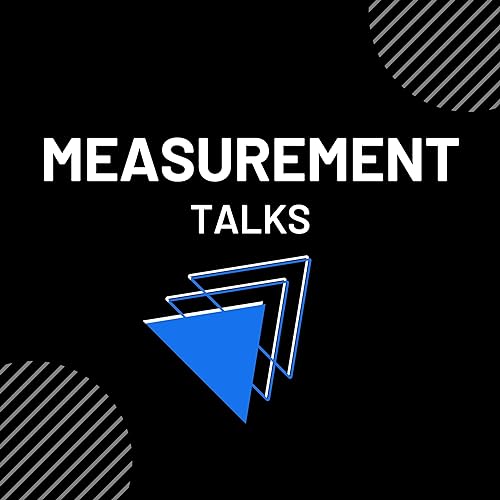In this episode of Measurement Talks, the hosts discuss insights from Dr. John Snow's
study on Meta's declining advertising performance, diving into the nuances of
attribution models versus deterministic analysis. A significant focus is placed on
exploring alternative advertising channels beyond Meta, emphasizing the importance of
diversifying ad spend across various platforms such as Reddit, Live Intent, and more
traditional marketing channels. The dialogue also delves into strategies for audience
segmentation, effective message delivery for different demographics, and the value of
personalization in advertising. Additionally, the conversation touches on the challenges
and opportunities presented by Meta's lack of clear communication regarding internal
tests and attribution issues.
Timestamps:
00:00 Welcome to Measurement Talks: Diving into Meta's Performance Mysteries
00:10 Unraveling the Meta Performance Puzzle: Insights and Analysis
02:56 The Humor in Marketing Metrics: A Light-Hearted Interlude
03:42 Exploring Attribution Challenges and Theories in Digital Marketing
10:58 The Quest for New Marketing Channels: Beyond Meta and TikTok
24:31 Mastering Audience Targeting: Incremental Audiences vs. Conversion
Optimization
Our promise to you: Every episode will have actions you take back to your business
Bryan was the Director of Efficacy at Kargo and directly helped answer this question for
many brands through his work there. Now, he leads marketing for one of the fastest-
growing, profitable DTC companies, Nood.
Rishabh led new business at LiveRamp, the largest provider of online digital identity, and
directly helped scale many measurement and attribution programs for the ad tech
ecosystem. He is now the CEO of Fermat Commerce, a commerce platform that
enables content-native shopping that has no attribution loss.
 24 分
24 分 2024/05/2235 分
2024/05/2235 分 44 分
44 分 34 分
34 分 30 分
30 分 27 分
27 分 33 分
33 分 42 分
42 分
